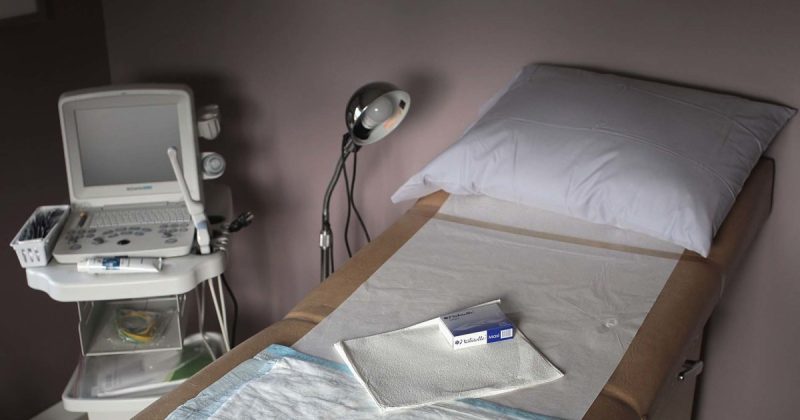
Recent events have thrown a spotlight on the practices of crisis pregnancy centers (CPCs) and their use of ultrasounds, particularly in cases of suspected ectopic pregnancies. A major support group for these centers, the National Institute of Family and Life Advocates (NIFLA), has advised its members to exercise extreme caution, even recommending against performing ultrasounds on women suspected of having ectopic pregnancies. This guidance follows a lawsuit against a Massachusetts CPC that allegedly misdiagnosed an ectopic pregnancy, leading to a life-threatening emergency for the patient.
The lawsuit, filed in 2023, accused the Clearway Clinic of deceptive advertising and failing to provide adequate medical care. The plaintiff, who remained anonymous, claimed that the clinic’s ultrasound scan was insufficient, resulting in a ruptured fallopian tube and emergency surgery. The case eventually settled out of court, highlighting the significant risks involved in CPCs performing ultrasounds without proper medical expertise.
NIFLA’s concerns center around the potential for misdiagnosis and subsequent legal liability. During a recent presentation, a NIFLA representative emphasized that ruling out an ectopic pregnancy without a blood test (measuring HCG levels) is impossible. The organization advised its members to avoid language implying that they can definitively diagnose ectopic pregnancies, and to refer women with concerning symptoms to emergency medical care immediately.
This new guidance represents a significant shift, especially considering that many CPCs have actively used the possibility of diagnosing ectopic pregnancies as a draw for clients. Experts like Andrea Swartzendruber, a reproductive health epidemiologist, point out that CPCs frequently advertise free ultrasounds, including for ectopic pregnancy diagnosis, to attract patients.
The controversy extends beyond the medical implications. Many CPCs, staffed largely by volunteers, are not subject to federal health privacy laws like HIPAA. Yet, many advertise HIPAA compliance, a practice NIFLA now discourages, citing the potential for deceptive practices. Advocacy groups like Reproductive Health and Freedom Watch have expressed concerns about this lack of regulation and the potential for harm to patients.
Furthermore, NIFLA is actively opposing state-level legislation aimed at strengthening licensing requirements for ultrasound technicians. Bills introduced in Indiana and New Jersey would mandate that ultrasounds be performed only by licensed healthcare professionals, a move NIFLA views as potentially damaging to its member centers.
The situation underscores a complex interplay of legal, ethical, and medical concerns. While CPCs play a role in providing support and resources to pregnant women, the potential for misdiagnosis and inadequate care in cases of ectopic pregnancy raises serious questions about their practices and the need for greater regulation and transparency. The debate highlights the importance of ensuring that women receive comprehensive and accurate medical care, regardless of their choices regarding pregnancy.










